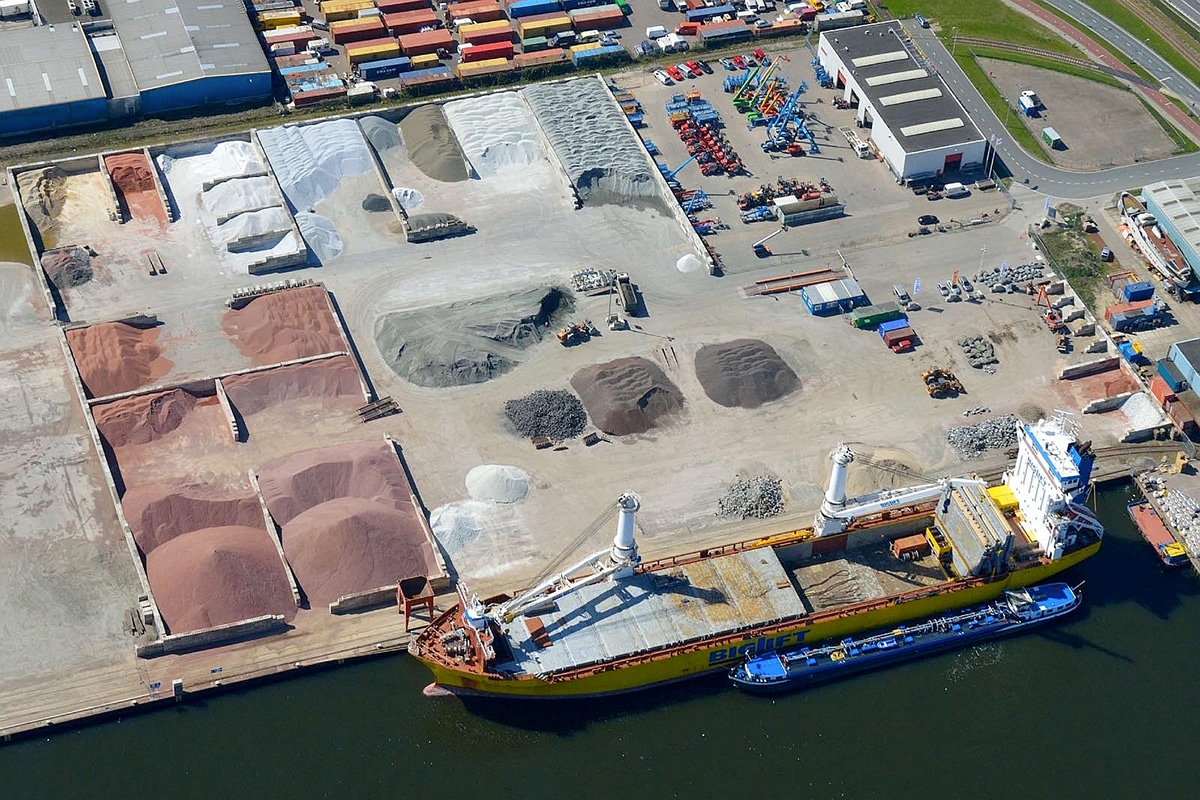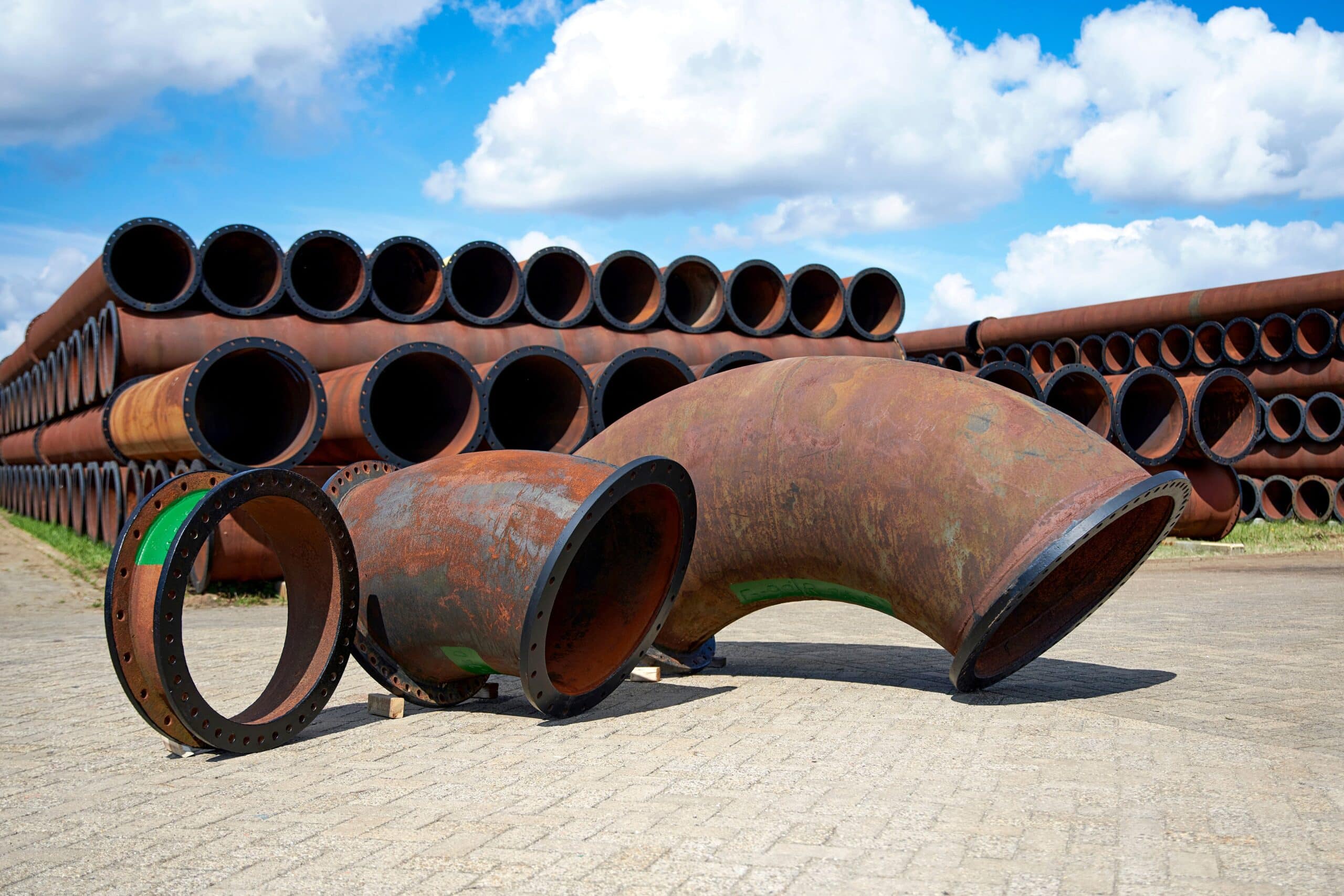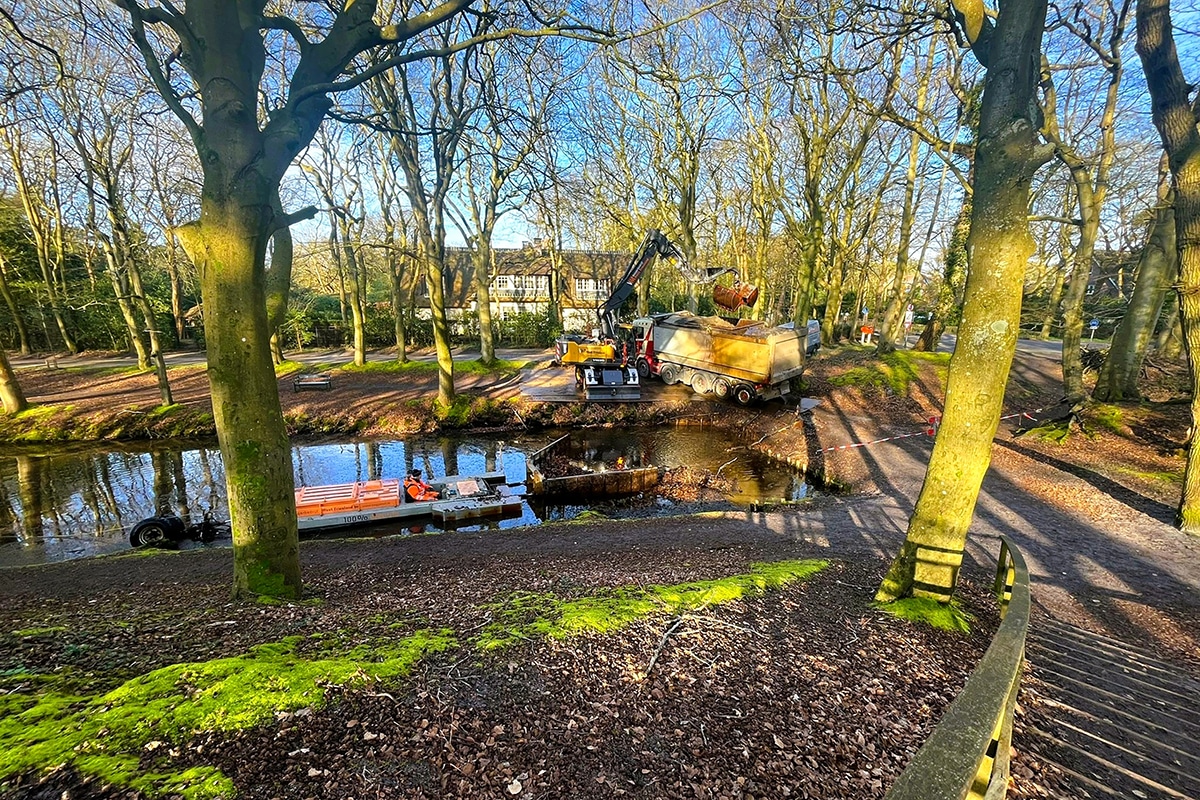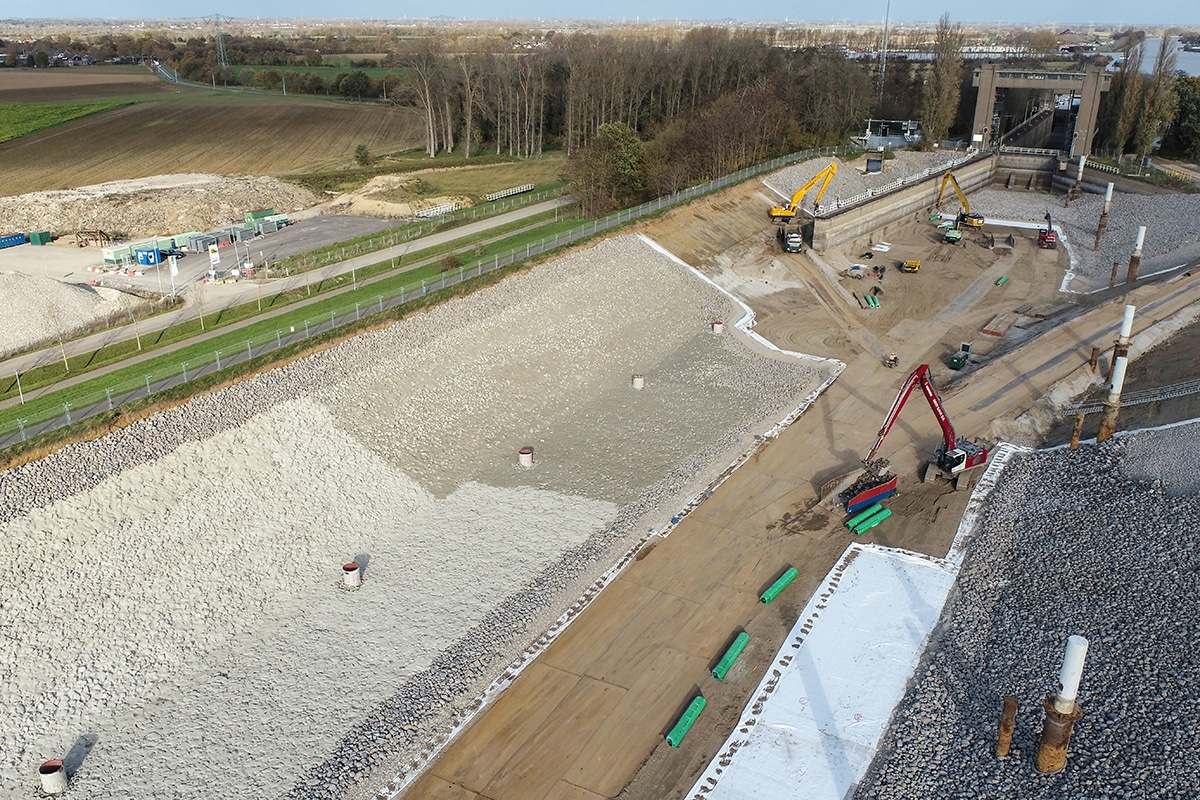
Unique Natura 2000 sites require unique approach
If there is anything important about Natura 2000 areas, it is to respect nature and prevent structural degradation. In such areas, certain animals, plants and their natural habitats are protected to preserve biodiversity. This requires a specific approach to maintenance work, for example. They know how to deal with that at Van Aalsburg.
Specific approach and equipment
Dick van Aalsburg: "Because we do a lot of maintenance in nature reserves, including Natura 2000 areas such as the Haaksbergerveen, we work with specific machines. We have converted machines and fitted them with long wide tracks so that they cause very little pressure on the ground." Dick talks about the self-developed winch system that is also often used effectively. "We winch from maintenance pad to maintenance pad and manually load the deposited timber onto a slide plate that causes zero rutting. The skid plate is winched back and forth between swamp cranes and piste bullys, and that way you prevent structure deterioration while performing maintenance work." The modified dumpers with wide tracks and a crane on them and the swamp crane that Van Aalsburg owns are also frequently used in places like this.

Blue diesel, wind and solar power
Van Aalsburg's machines operate on blue diesel. "But to become even more sustainable, we are going to work more and more on wind energy," says Dick. "There is a windwheel on our own property. We have ordered five more, of which two more will be fixed on our premises in Hellouw and the remaining three windwokkels will be placed on a container together with solar panels. The container, equipped with a battery pack, allows the electric boats, cranes and battery-powered chainsaws to be charged and run on electricity at work. Thus, we are self-sufficient in the middle of a nature reserve." Another great step in sustainability by Van Aalsburg.
Sustainable equipment and products
Van Aalsburg not only works with sustainable equipment, but also uses sustainable products. "When we work in natural areas with zinc pieces as bank protection, for example, we also do that in the most natural way possible. There is plenty of effort to use natural products: materials such as jute, coconut and sisal win out over plastic. This is how we carry out projects as sustainably as possible." Dick says the marsh crane is underway in France on a riparian protection plan: "First we cleared the canal of unwanted brush, then we started dredging and widening the canal. Now over a stretch of more than 6 km we are installing sinkers with paving." In Maarssen near the Westbroekse Zodden, legacies are being restored in a sustainable way. "Naturally sustainable!" says Dick, concluding, "Together with the client, we optimized the original design as sustainably as possible."
Heeft u vragen over dit artikel, project of product?
Neem dan rechtstreeks contact op met Van Aalsburg BV.
 Contact opnemen
Contact opnemen




